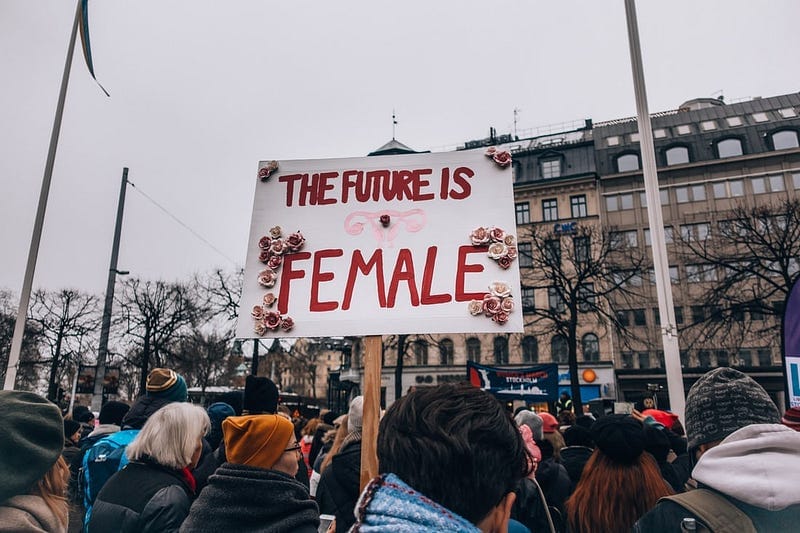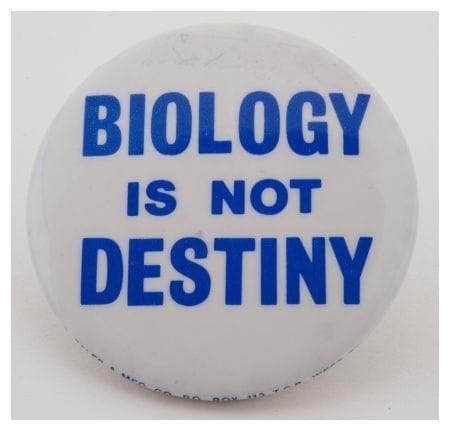Elite feminism and the reproduction of the social order
This is a somewhat scrappy Twitter thread transformed into a mini essay. Apologies for any glaring errors.

This is a somewhat scrappy Twitter thread transformed into a mini essay. Apologies for any glaring errors.
There’s a really important and interesting observation in Feminine Fascism by Julie Gottlieb that women who migrated to the fascist movement from suffragette politics and the women who founded the British Fascist movement in the first place (yes unlike other countries British women got there first!!!) did so in part because they very clearly found it personally empowering.
I think there’s a lot in this observation more widely about the risks of conflating empowerment with liberation. Like a lot of feminists I believe that for instance, sexual and familiar violence is mainly driven by power and access above any other factors. That confidence of the abuse being justified or otherwise neglected by the people with the power to prevent it is causal of the systemic discrepancies in victimisation that we see.
People talk about the feminism of dominant demographics among women (white, Anglo Saxon Protestant heterosexual women for instance in the Anglo political sphere) as if it is simply ideology that creates the associated phenomenon. I say that it is because women are tasked with and individually (but not as a class) empowered through performing their role and duty in reproducing the already existing authoritarian, class and racially stratified society we live in, and it’s mainly elite women who actually benefit. I say, “but not as a class", because to the degree that women mobilise their class interests AS WOMEN, they start losing benefits they individually gain as good citizens & reproducers within white supremacist capitalist patriarchy. This is why so often we end up seeing those efforts mobilised actually around class interests in cissexism, whiteness, economic class, and so on, all of which on some level do fundamentally undermine ability to mobilise as women on a wide enough level to overthrow patriarchy.
This mingling between the roles of care in reproduction, education, nurturing and so on, with the roles of discipline, indoctrination, and control is why and where we get to the point of there being anti "white slavery" feminist networks, moral panics about Jewish pimps at the height of Victorian antisemitism†, it’s why we have missionaries going out to save (colonise) the colonies after men delivered the initial wave biological and kinetic warfare to soften them up.
Don’t forget that Victorian and Edwardian socialists had absolutely bitter critiques of charity directly because of how widely a charitable, "caring" model of philanthropy had become embedded in keeping the poor in workhouses. (A friend, Daira Hopwood, reminded me on Twitter about the impact of this model in constructing and exploiting Victorian era disability via the creation of the care industrial system).
It may well be a distinction without difference but I rather generally to think of this recruitment of elite women into reproducing oppression not in terms of the personal ideology of those women but in terms of wider patterns around how oppressive society self-reproduces. We can consciously develop and disseminate anti oppressive ideologies, but in the absence of conscious deviation from oppression everyone who benefits from it naturally tends to reproduce it. Holding an oppressive ideology is indistinguishable from just following and reproducing the existing disciplinary practices of wider society.
Elite women are empowered to join certain sorts of fascist causes. Elite women did, and presently still do find it exhilarating, offers them a sense of agency and within a limited scope a degree of relative power they do not otherwise have. Some will obviously become class or race traitors and others will not, largely as a result of individual variation in personality. But at the scales we ought to care about, the system rewards one outcome over the other and the people within it are more responsive to that than not.
It is that system of reproducing oppression that those of us working towards liberation need to figure out how to saboutage and derail in liberating, but not necessarily empowering ways. It’s with this system in mind we need to be wary of how trivially memes which overly personalise responsibility for the wider system of oppressive reproduction to particular women run the risk of being themselves recruited back into reproducing misogyny.
It’s also why abolition (a term which so clearly focuses its sights on institutions when taken seriously) has been a productive theoretical frame for liberatory practices among non-elite women despite superficially not automatically containing an idea of the liberated world inside it. And to be clear abolitionist feminism has plenty of vision for a liberated world, "abolition is a presence" and so on. But having a clear target of oppressive systems to be dismantled is a powerful necessary guiding star.
† See also, present day articles like this, which focus on gay and Jewish elites funding sex workers rights for an interesting echo of the rhetoric https://www.newsweek.com/great-sex-trade-swindle-how-aids-campaigners-joined-fight-pimp-prostitution-668359


